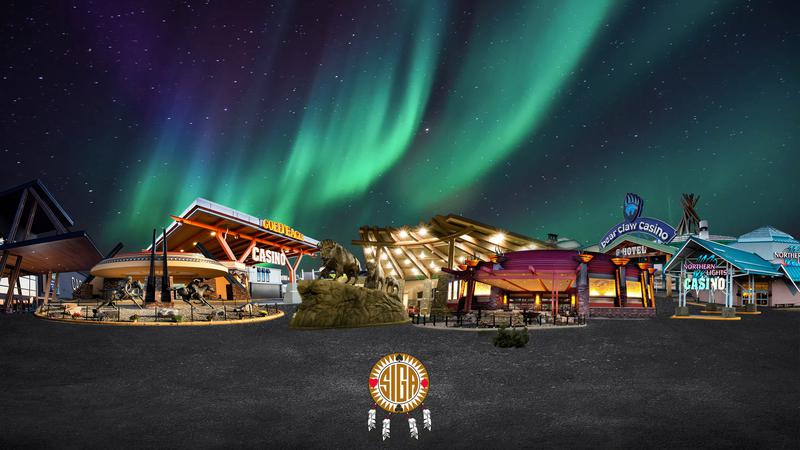
Summit Series Q-and-A: Canada’s Paul Henderson reflects on Game 8 goal 50 years later
Paul Henderson scored one of the biggest goals in hockey history 50 years ago Wednesday, helping Canada beat the Soviet Union in Game 8 to capture the 1972 Summit Series.
With one victory, two losses and a tie on home soil to open the Cold War showdown, the Canadians then fell in Game 5 in Moscow with three contests to go.
Needing a trio of wins to secure hockey bragging rights against a battle-tested and will-drilled opponent Canada’s NHL stars had severely underestimated, Henderson scored the clincher in both Games 6 and 7 before bagging the series-deciding goal in dramatic fashion with 34 seconds left in the finale.
The 79-year-old spoke with The Canadian Press ahead of the anniversary. The interview has been edited for length and clarity.


